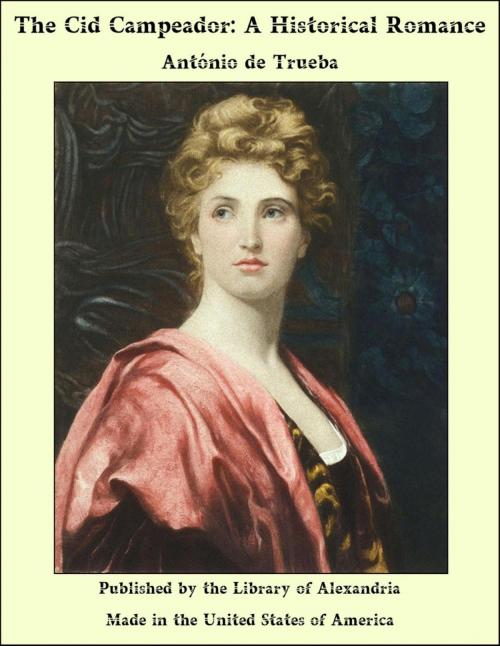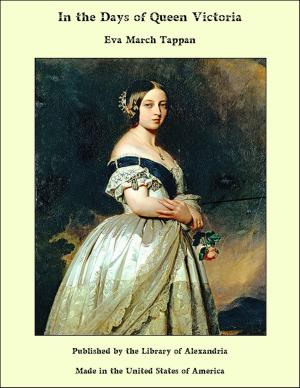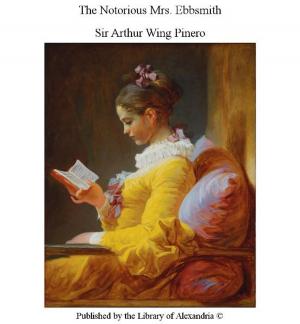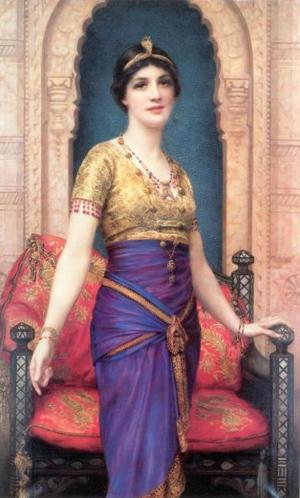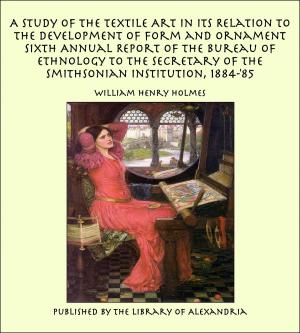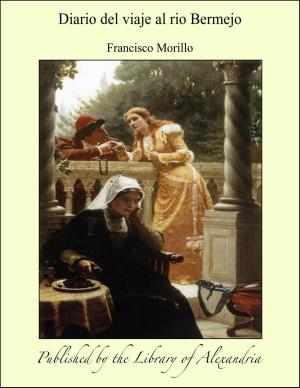The Cid Campeador: A Historical Romance
Nonfiction, Religion & Spirituality, New Age, History, Fiction & Literature| Author: | António de Trueba | ISBN: | 9781465584557 |
| Publisher: | Library of Alexandria | Publication: | March 8, 2015 |
| Imprint: | Language: | English |
| Author: | António de Trueba |
| ISBN: | 9781465584557 |
| Publisher: | Library of Alexandria |
| Publication: | March 8, 2015 |
| Imprint: | |
| Language: | English |
The "Cid Campeador" has been for centuries the great popular hero of Spain. He takes the same place in that country as King Arthur does in England, Roland, or Rolando, in France, and William Tell in Switzerland; and, like them, his life and exploits are, to a great extent, founded on popular traditions. In English-speaking countries there is very little known respecting him, and the translator ventures to place before the public a work which is considered by Spaniards to be one of the best historical romances in their literature. It is founded on a large number of ballads and other poetical pieces, extant in Spain for centuries, and on a very old work named "The Chronicle of the Cid." The writes in his Introduction: "The Cid is the most popular of the Castilian heroes, and not without reason, for in him are personified all the virtues of the citizen and of the soldier. A good son, he avenges the insults offered to his father by bravely fighting with the Count of Gormaz: a good cavalier and faithful lover, he gives his hand and heart to the daughter of the man whom he had slain in fair combat: a good monarchist, he risks the anger of King Alfonzo by compelling him to take an oath that he was not guilty of a crime which would stain the throne of Fernando the Great: a good soldier and a good vassal, he conquers, with his invincible sword, hostile realms and Moorish kings, and lays at the feet of hissovereign, who had unjustly banished him, the spoils which he had won and the countries of which he had made himself master: a good patrician, loving the glory and the preponderance of his native land, he proceeds to Rome, enters the Church of St. Peter, and seeing in the place of honour the seat of the representative of France, he breaks it in pieces, filled with indignation, and puts in its place that of the representative of Spain: and finally, a good Christian, a good husband, and a good father; before entering into the combats, when calling upon God, he also uses the names of his wife and children, over whom he had wept when parting from them,—he who, in battle, showed a heart more hard than the armour which covered it."
The "Cid Campeador" has been for centuries the great popular hero of Spain. He takes the same place in that country as King Arthur does in England, Roland, or Rolando, in France, and William Tell in Switzerland; and, like them, his life and exploits are, to a great extent, founded on popular traditions. In English-speaking countries there is very little known respecting him, and the translator ventures to place before the public a work which is considered by Spaniards to be one of the best historical romances in their literature. It is founded on a large number of ballads and other poetical pieces, extant in Spain for centuries, and on a very old work named "The Chronicle of the Cid." The writes in his Introduction: "The Cid is the most popular of the Castilian heroes, and not without reason, for in him are personified all the virtues of the citizen and of the soldier. A good son, he avenges the insults offered to his father by bravely fighting with the Count of Gormaz: a good cavalier and faithful lover, he gives his hand and heart to the daughter of the man whom he had slain in fair combat: a good monarchist, he risks the anger of King Alfonzo by compelling him to take an oath that he was not guilty of a crime which would stain the throne of Fernando the Great: a good soldier and a good vassal, he conquers, with his invincible sword, hostile realms and Moorish kings, and lays at the feet of hissovereign, who had unjustly banished him, the spoils which he had won and the countries of which he had made himself master: a good patrician, loving the glory and the preponderance of his native land, he proceeds to Rome, enters the Church of St. Peter, and seeing in the place of honour the seat of the representative of France, he breaks it in pieces, filled with indignation, and puts in its place that of the representative of Spain: and finally, a good Christian, a good husband, and a good father; before entering into the combats, when calling upon God, he also uses the names of his wife and children, over whom he had wept when parting from them,—he who, in battle, showed a heart more hard than the armour which covered it."
